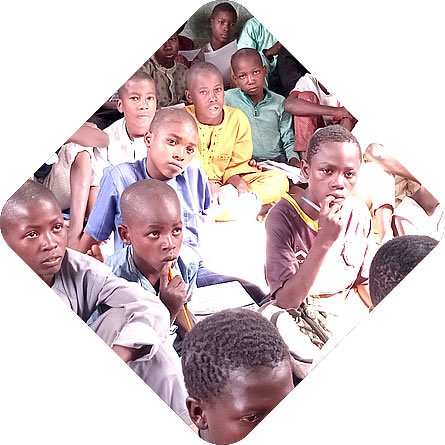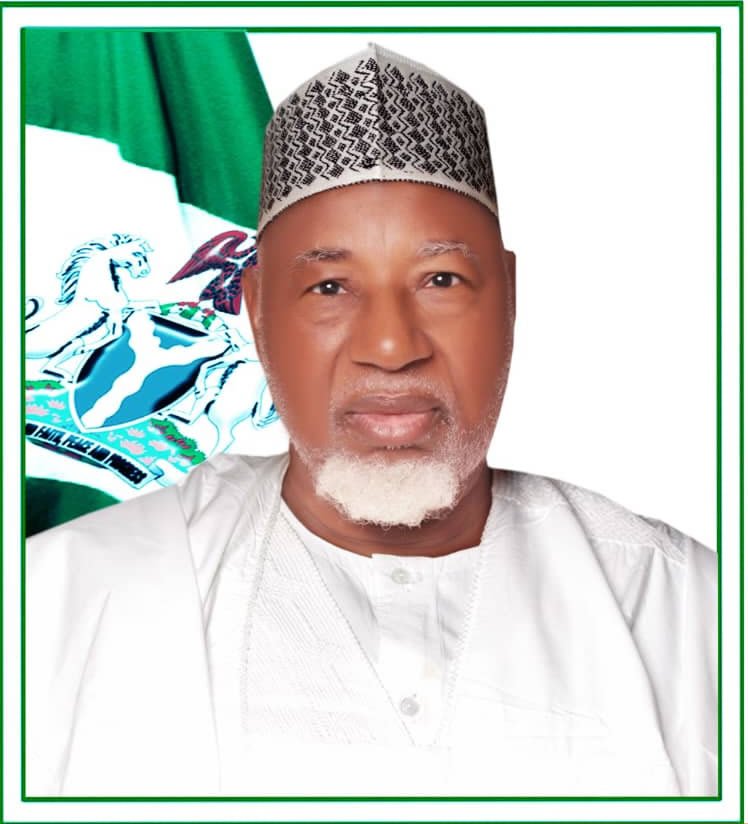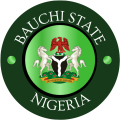BESDA Implementation in Bauchi State
The implementation of BESDA rests with the various State Universal Basic Education Boards (SUBEBs) as contained in the UBE Act, 2004. Section 11 (3) of the Act provides “the administration and disbursement of funds shall be through the State Universal Basic Education Board”.
The Better Education Service Delivery for All (BESDA) program, in collaboration with the Bauchi State Universal Basic Education Board (SUBEB) and supported by the World Bank, aims to improve literacy rates, and increase access to education for out-of-school children in Bauchi state. The project, overseen by the Federal Ministry of Education, focuses on addressing literacy issues, out-of-school children, and strengthening education systems. The focal LGAs for implementation of BESDA in Bauchi State are: Alkaleri; Bauchi; Dambam; Darazo; Dass; Gamawa; Ganjuwa; Giade; Itas Gadau; Jamaare; Katagum; Misau; Ningi; Shira; Toro and Zaki.











